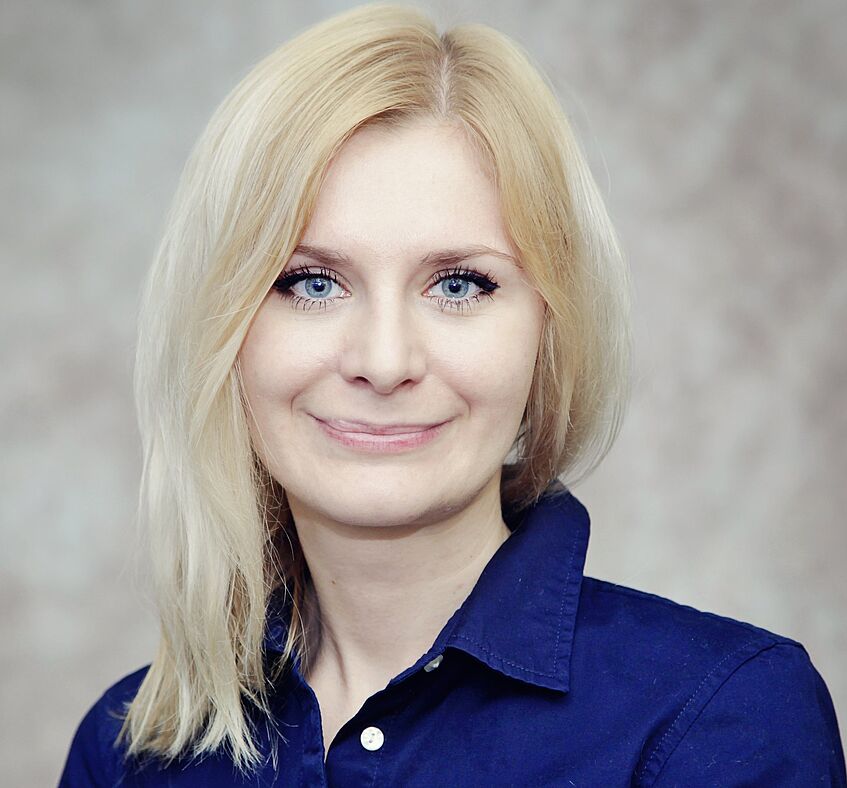Magdalena M. Wrobel, Ph.D.
Project Manager at the Leo Baeck Institute – New York|Berlin
Magdalena M. Wrobel has studied in Poland, Germany, Israel, the United Kingdom, and the United States. She achieved her Ph.D. at the Chair of Jewish History and Culture, Ludwig Maximilian University in Munich under the supervision of Professor Michael Brenner. Her book, Social Networks and the Jewish Migration between Poland and Palestine, 1924–1928, analyses the role of social networks in the process of migration. Based on stories of Polish Jews who migrated between Poland and Palestine in the 1920s, the author presents all stages of the journey and shows how networks of friends and families spread in different countries contributed to the migration experience. Since 2016, Dr. Wrobel works as a Project Manager at the Leo Baeck Institute – New York | Berlin in the New York office.
E-Mail: mwrobel@lbi.cjh.org
Abstract
"My brother-in-law in Dallas attempts to issue us affidavits, hopefully he will be lucky". Role of Transnational Social Networks in Forming of a New Diaspora Chapter
The above quotation comes from a postcard sent in September 1938 to Ludwig Guckenheimer in Pennsylvania. The author of the letter names potential family members who could help him secure affidavits required for obtaining a visa to America. Reading letters of German and Austrian Jews from 1938, one has the impression that similar conversations happened in every circle of family and friends circle separated by the ocean. Relatives still in Germany correctly recognized that their contacts abroad could ease their emigration and they were not shy to ask for help.
This paper asks what role the transnational social networks of families and friends played in the escape from Nazi Germany and how these linkages worked in practice. The study uses examples from the 1938Projekt, a year-long innovative project of the Leo Baeck Institute – New York | Berlin. By presenting personal stories of German and Austrian Jews day by day, the entries follow the growing tension in the life of the local Jewish communities throughout 1938. By offering insights into the micro history and struggles of individuals, this presentation asks questions about how transnational networks facilitated the escape and how the lack of networks made flight more difficult.
By focusing on social networks, this paper claims that during the time of the Nazi regime and growing danger, the German-Jewish Diaspora was not only becoming the “know-how” point of reference on the emigration process but also the first and last source of practical help for refugees.
Programme: Panel 6, Thursday, 6 September 2018, 13:00-14:30
